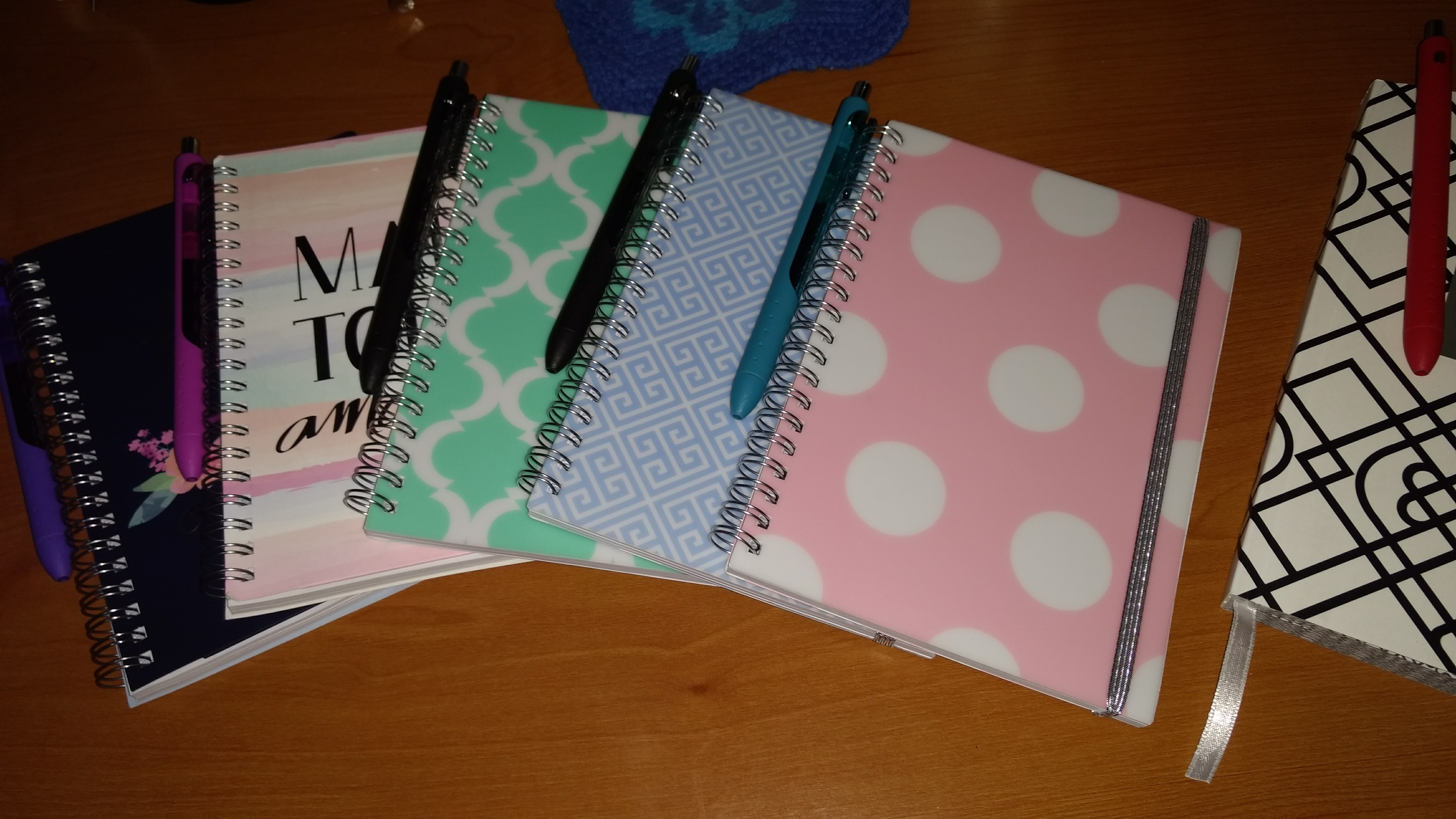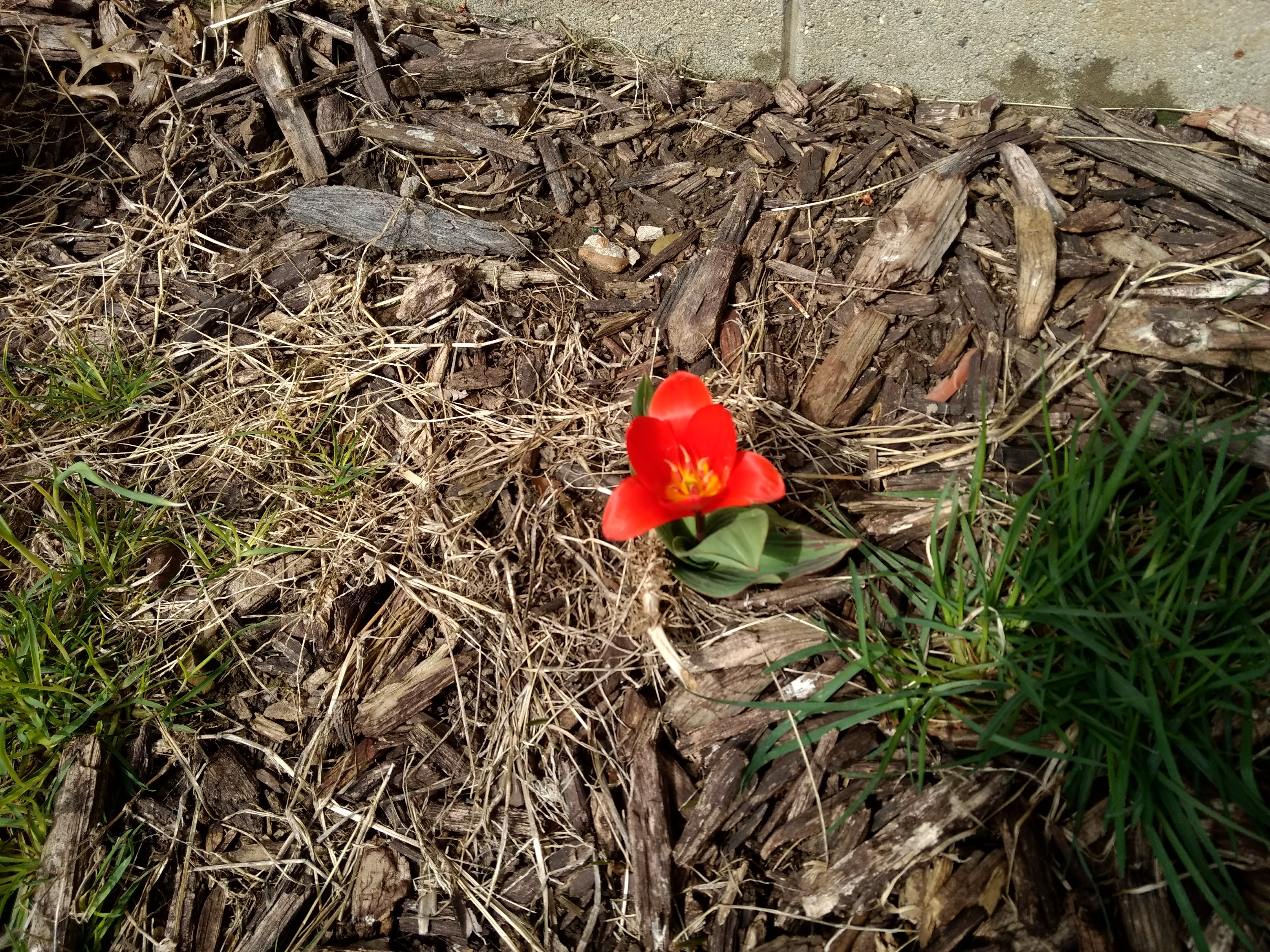I have listened to every single Honest Money Conversations podcast, and more than once, Cait Flanders and Carrie S. Nicholson discuss money beliefs. They have inspired this post.
Though I left childhood with lots of what I consider positive money beliefs such as “you can buy whatever you want as long as you save for it,” and “as long as you’re willing to work, you have the power to earn money”, I also grew up with some money beliefs that don’t foster contentment. 
Three of these are: “you can never have enough money,” and “everyone wants your money,” and “you have to control your money.”
It’s especially easy for me to be in the space of lack as opposed to abundance, in life and in money. I think, “I’ll never earn enough money, so why even try?” Second, the idea that everyone wants my money supports me in protecting my money, but it fosters fear as well. Finally, the idea that I have to control my money has left me spending so little that I feel deprived. I can scrimp and save when I don’t need to and it doesn’t serve me.
Since I believe my path is about creating peace in my world so I can spread it to others, I start to wonder how I can be peaceful about where I’m at. So far, I’ve found a few things that work for me.
- Know where your money is and where it’s going. Before Mr. POAI and I took Dave Ramsey’s Financial Peace University, started creating a budget and having weekly budget meetings, I would stress out about where the money was going. Some months I would pay our bills and we’d have enough money in our checking to cover them. Other months, I’d borrow money from our savings , and then pay it back after we had another check deposited. Sometimes I’d transfer money back and forth so many times, I would lose track of whether we “owed” money to the checking or the savings. It was very frustrating.
Though we still have unknowns and “emergencies” where we dip into our emergency fund, we have a better handle on how much money we have and where it’s going. In addition to simply budgeting, we chose to contribute more of our personal monies to our family monies.
Related Post: Yours, Mine and Ours // How Separating Our Money Works for Us (for now) - Spend in line with your values. What attracts me most to the blogs I follow most closely is that they continually discuss determining what you value first and spend accordingly. I work to do the same.
As an example, Mr. POAI value deep conversation and we find it develops most naturally for us when we are walking, driving long distances, or eating out. We are hit and miss in terms of walking the dogs together, we drive long distances only rarely, so we have a weekly lunch date. We can sit across from each other so we are not distracted by house chores, the dogs, or our hobbies. We are willing to pay for food as one aspect of spending time together. This is one way we spend to support our relationship which we value tremendously.
- Know your money vices and talk about them. Mr. POAI will spend on “toys” such as video games and models, and I will spend on food my body doesn’t need if we are feeling stressed out. At times when Mr. POAI asks me what I think about him purchasing this or that, and I sense he’s been buying a lot lately, I ask him why he wants those things and how he’s doing emotionally. I can’t say I do as well talking with him before I spend on more chocolate than I need; it’s something I can work on though.
- Keep Learning. One time I always feel better about money is after I’ve worked with my financial planner to determine what I can do financially to fulfill my goals. I learn quite a bit from family, blogs and books as well. Most of the time learning more just helps me form more questions for further research.
- Practice trust and gratitude. I can easily get into space where I think that I don’t have enough money and never will. At that point, I need to trust. I can look at what I am grateful for, what financial and non-financial things/people/relationships I am happy with, and that moves me from worry to serenity. For me, it is often about trusting a Higher Power; for others it may be different.
As I am writing, I realized that the 5 practices I discuss to help people gain serenity about money may not work for everybody or even be options for some. I am privileged to have these sorts of problems as opposed to not having enough money to fulfill basic needs. Just wanted to recognize that.
How peaceful do you feel now with your money situation? What do you do to feel more peaceful about it? If you don’t feel good about it, do you know why that is? What might help you? Do you avoid thinking about money in order to feel peace? Inspired to answer? Write it in the comments.
~Jaye





2 COMMENTS
Sheta
7 years agoHow do you develop initial trust in the financial planner about discussing your personal financial situation and goals?
Jaye
7 years agoHi Sheta, Thank you for your question. I believe my financial planner was recommended through a good friend, so that helped. I also learned that she is paid for her time and not through making money off of my investments, so that helped me build trust. (Not that paying someone based on how much you make on your investments is wrong–just not what I was looking for.) She has helped me get more money back through my taxes–she found a mistake I made, so that helped her credibility. So I trust she is giving me advice she believes in. Now, even though I believe she is giving me the best advice she can, I am going to see someone else another friend recommended as well because I want another perspective. Does that answer your question?